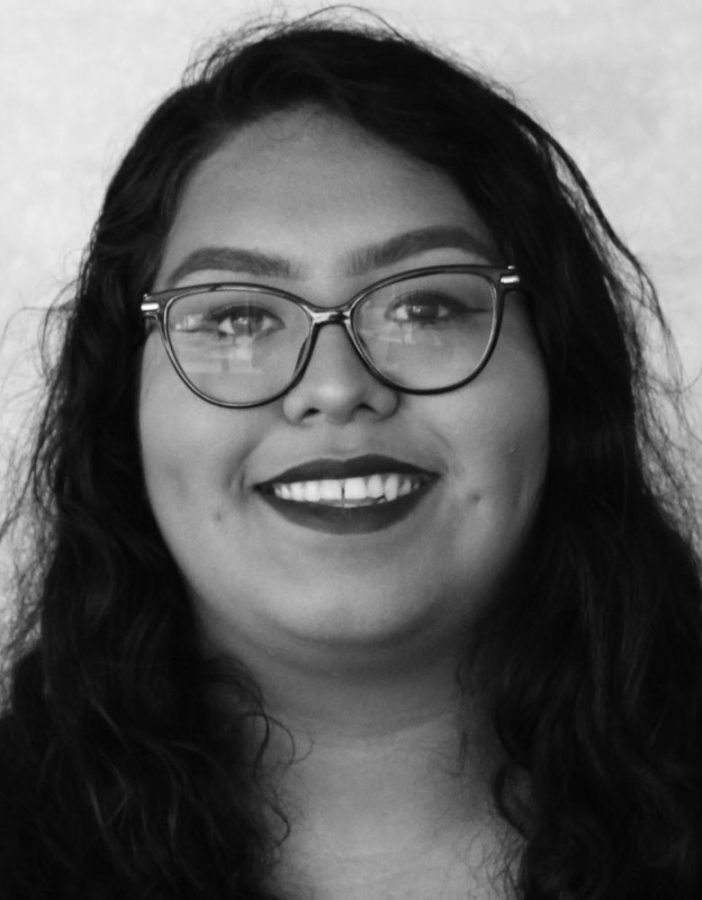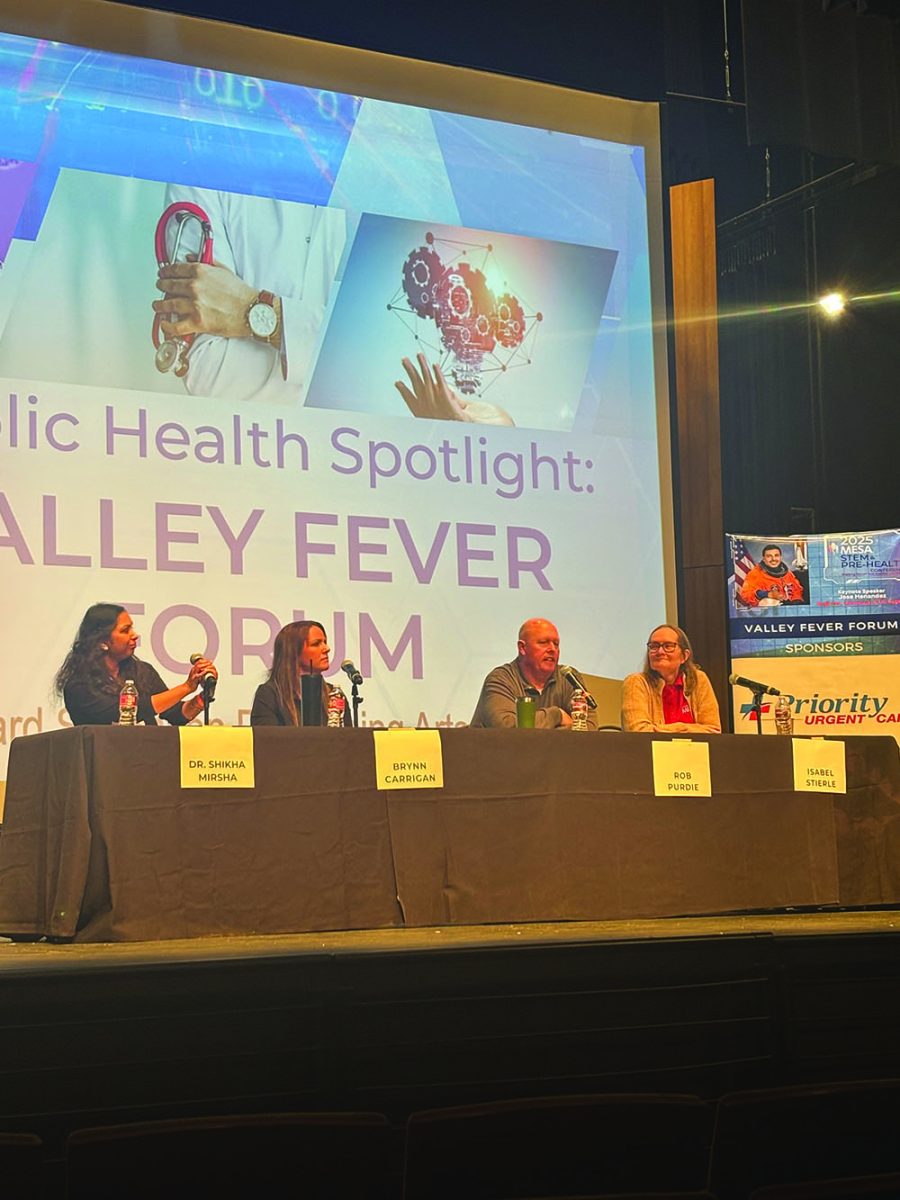Tumblr can hurt
October 23, 2017
For some people social media is a place to escape and unwind. For those suffering with serious mental health issues, this could be a triggering place.
Tumblr has been around since 2007, and is a social networking website. It is a place where users can re-blog, and share and upload photos with designating hashtags. There are a few hashtags that I have seen that are concerning. These hashtags are “#anorexia” and “#thinspo.” Thinspo is referred to as thin-spiration, a hashtag where you post anything thin related, and anorexia is a prolonged loss of appetite. There are more hashtags used for people dealing with an eating disorder, and when you search these hashtags you are prompted with a message from Tumblr asking if “Everything is Okay.” Not only this, but they list resources to contact if you are in a crisis.
O f f e r ing support is great; however, if Tumblr recognizes that these types of hashtags may be a problem then they should be censoring posts. There is a possibility that some users are posting under these hashtags for support, yet they are being confronted with pictures of starving bodies. This is not helping a person with an eating disorder. By keeping these sort of hashtags, we are romanticizing the idea of eating disorders. According to the Oxford Dictionary, this word means to make something more appealing than it really is. I do not see how these posts can be helpful to anyone.
I decided to scroll down the hashtag anorexia and I was shocked with the images that were allowed on Tumblr. Photos posted of malnourished bodies due to eating disorders, ribcages being showcased like an award. There was a post that caught my eye that was titled as “Essentials.” This post listed things that were essential to them and it seemed normal at first until I saw the words ribs, hip bones, collar bones, thigh gap and jawline listed. To make matters worse, at the end of the list there was “Self-love.” This is concerning given that post had ninety-nine notes, which are likes. Those words being at the end of the list is romanticizing eating disorders. It is giving false information because self-love does not require you to have this type of body. So many people are reading these posts with current mental health issues and they are far from supportive.
Then I moved on to the other hashtag I mentioned, thinspo. I was even more taken back. I saw the same unrealistic body type, but something else I noticed was that the people posting these were seemingly a part of a community. People suffering with eating disorders were giving each other advice on how to continue starving themselves, even going as far as to reminding one another not to eat. One post read, “Reblog if you want random messages reminding you not to eat,” with two-hundred-seventy notes. This sort of behavior is common under hashtags like these and it is not okay.
When I was a teenager, I battled with an eating disorder and I stumbled upon posts such as these. They never helped me, and only encouraged me to continue harming my body. These sort of hashtags on Tumblr are unsafe for some who are dealing with mental health issues and can lead to future damage. Personally, when I stopped looking at posts like these I found myself doing better. Please seek a professional if you have an eating disorder. Social media is risky for recovery and you are better off in the hands of someone who wants to help you.







Paige Atkison • Oct 25, 2017 at 8:48 pm
While I appreciate the column, I have to note a grave mistake: you gave the incorrect definition of anorexia. Anorexia nervosa is an eating disorder characterized by starvation. In everyday speech, people shorten anorexia nervosa to simply “anorexia.” However, anorexia is the clinical term for loss of appetite. This use of the word can be found on all sorts of side effect lists for prescription medication. This is not the eating disorder anorexia nervosa. For a correct definition of the eating disorders anorexia and bulimia, see the DSM V.
The DSM V provides the criteria for anorexia as:
1. Persistent restriction of energy intake leading to significantly low body weight (in context of what is minimally expected for age, sex, developmental trajectory, and physical health) .
2. Either an intense fear of gaining weight or of becoming fat, or persistent behaviour that interferes with weight gain (even though significantly low weight).
3. Disturbance in the way one’s body weight or shape is experienced, undue influence of body shape and weight on self-evaluation, or persistent lack of recognition of the seriousness of the current low body weight.
There is a very common misconception that people with eating disorders do not feel hungry, and the mistake in definition increases the likelihood of misunderstandings.